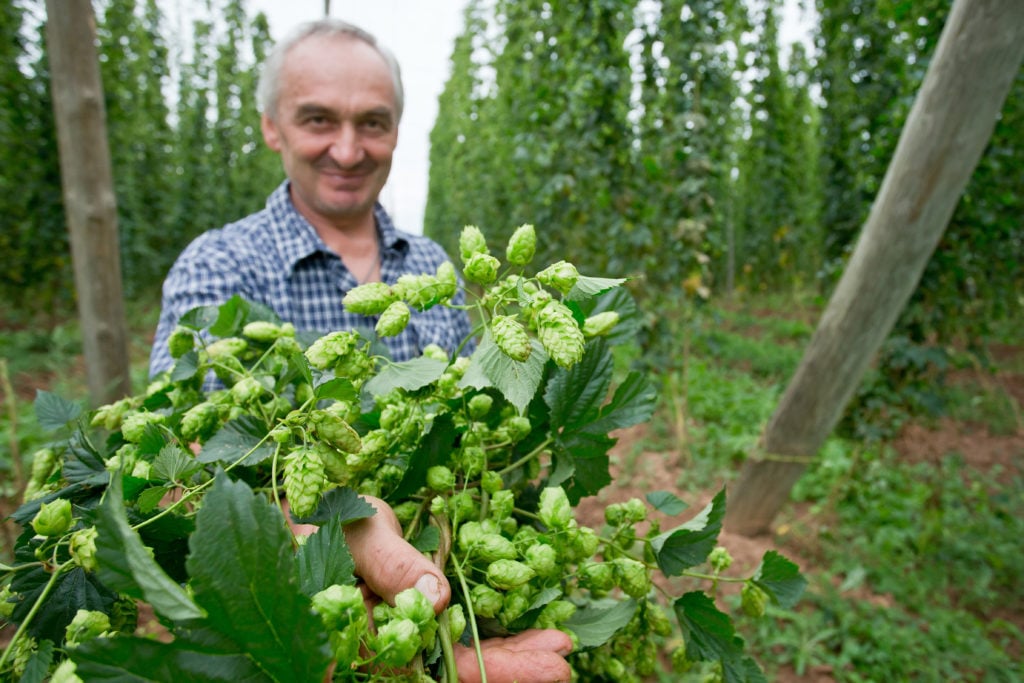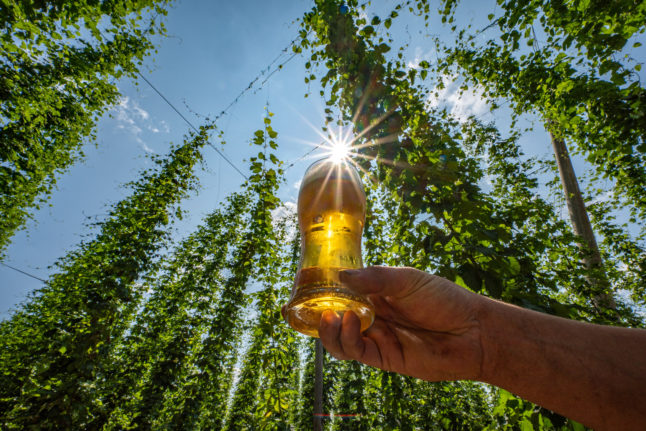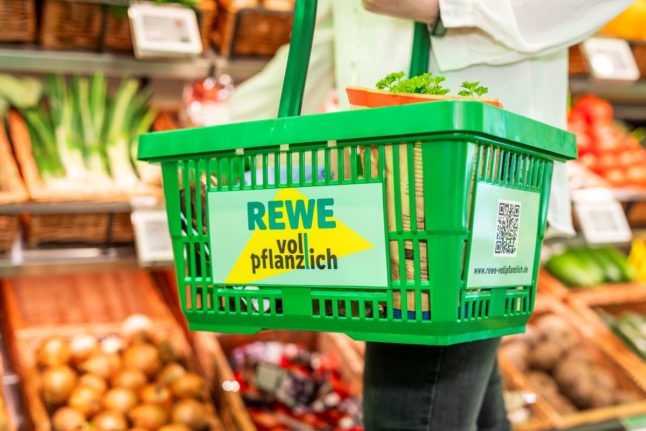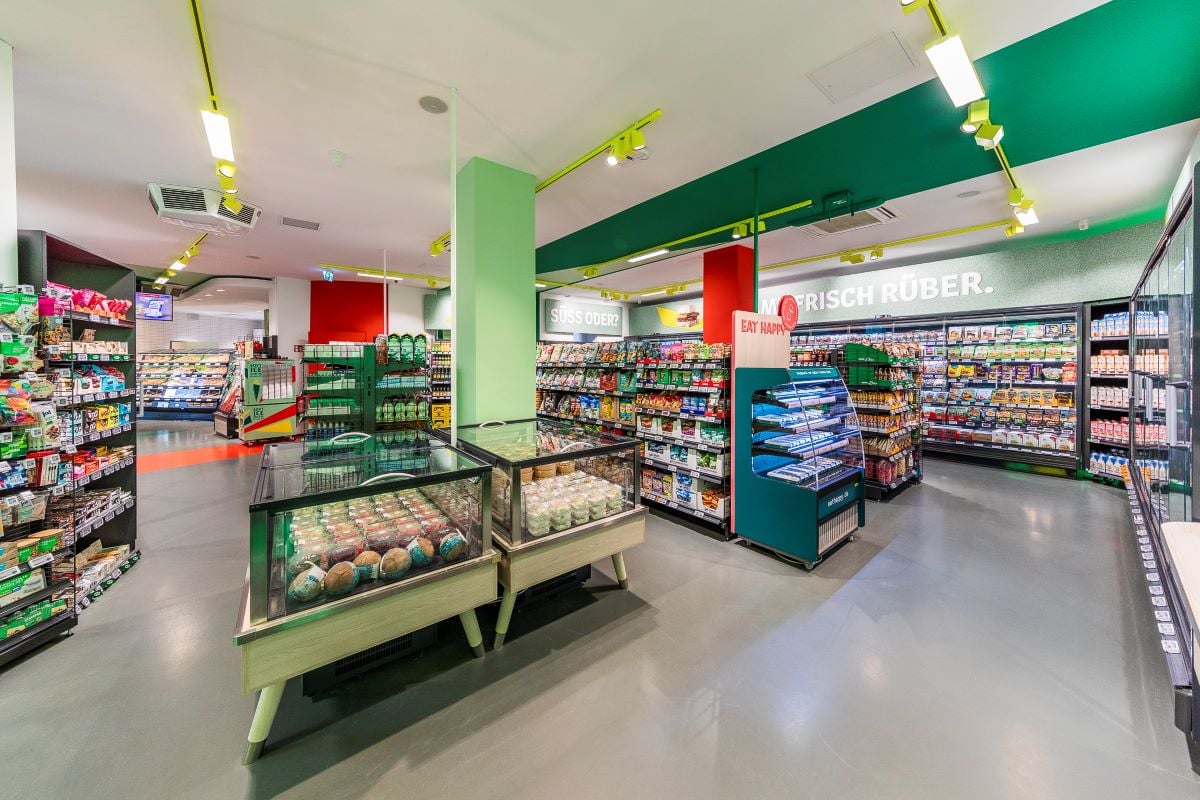The image of a frothing beer jug gleaming with golden liquid often comes to mind when people think about Germany. Part of the reason for this association is that Germany is one of the world’s main producers of a crucial ingredient: hops.
Sometimes called ‘the spice of beer’, hops give beer its bitter taste, provide shelf life, foam formation and stability and can also introduce flavours of herbs, spices and citrus fruits.
After the US, Germany is the second largest hop-growing country worldwide: hops are grown on an area of around 20,144 hectares (roughly the size of 50,000 football pitches) across the country. These are the four main regions where the plant is grown.
Hallertau (Bavaria)
By far the largest hop-growing area in Germany is in the Bavarian Hallertau.
Around 86 percent of German hops and 24 percent of the world’s hops are produced in the Hallertau region in the heart of Bavaria between Munich, Ingolstadt, Regensburg and Landshut.
For centuries, the “most Bavarian” of all plants have been grown and cultivated here and have shaped the landscape as well as the identity and culture of the inhabitants.
READ ALSO: Germany’s Oktoberfest to return in 2022 after pandemic pause
Spalt (Franconia)
One of the oldest German hop-growing regions is in Spalt, Franconia. Hop cultivation in the area around Spalt was mentioned in historical documents dating back to 1341 and, at the beginning of the 19th century, this region was the largest German hop-growing area.

In 1538, Spalt received the first German ‘hop seal’, which officially confirmed and protected the origin and quality of the hops. It was a punishable offence if hop plants were stolen or exported.
Due to the high number of sunshine hours in the region, hops from this area are marked by a particularly special aroma.
Tettnang (Baden-Württemberg)
The small residential town between the northern shores of Lake Constance and the Allgäu is also the southernmost hop-growing region in Germany.
Around 7 percent of the hops produced in Germany are grown here on an area of about 1,480 hectares, mainly concentrated around the town of Tettnang.
Tettnang hops are used all over the world as one of the raw materials for beer brewing. The regional land variety of the true hop, the so-called Tettnang Tettnanger, is mainly cultivated here.
Elbe-Saale
The Elbe-Saale hop-growing region, which covers the states of Saxony, Saxony-Anhalt and Thuringia, covers 1,564 hectares and is the second-largest hop-growing region in Germany after the Hallertau (Bavaria).
Hop cultivation in the central German region has a tradition of more than a thousand years and the region’s main focus is on the cultivation of bitter hops.
Useful Vocabulary:
Hops – (der) Hopfen
to cultivate – etwas anbauen
growing region – (das) Anbaugebiet
We’re aiming to help our readers improve their German by translating vocabulary from some of our news stories. Did you find this article useful? Let us know.




 Please whitelist us to continue reading.
Please whitelist us to continue reading.
Member comments